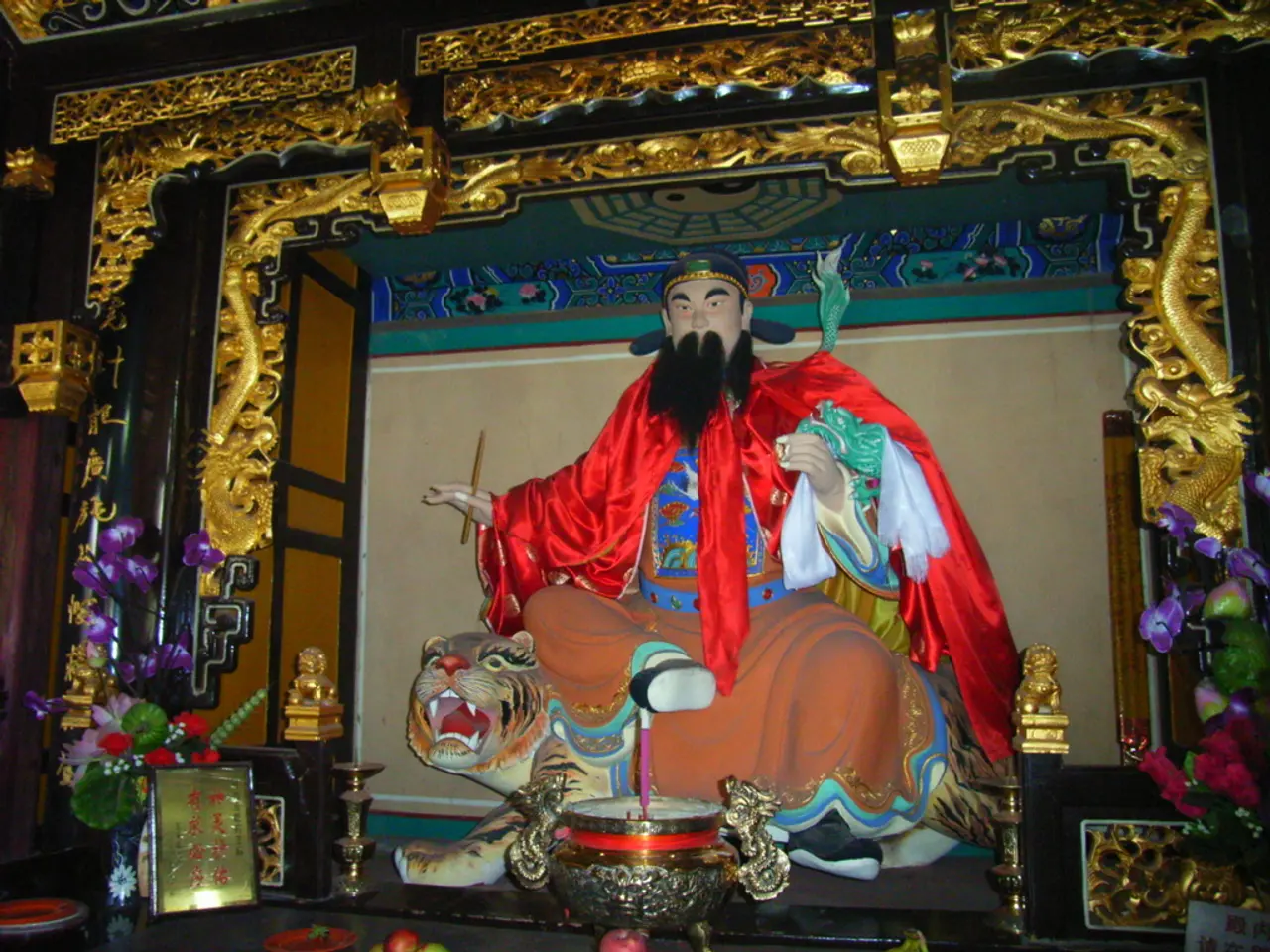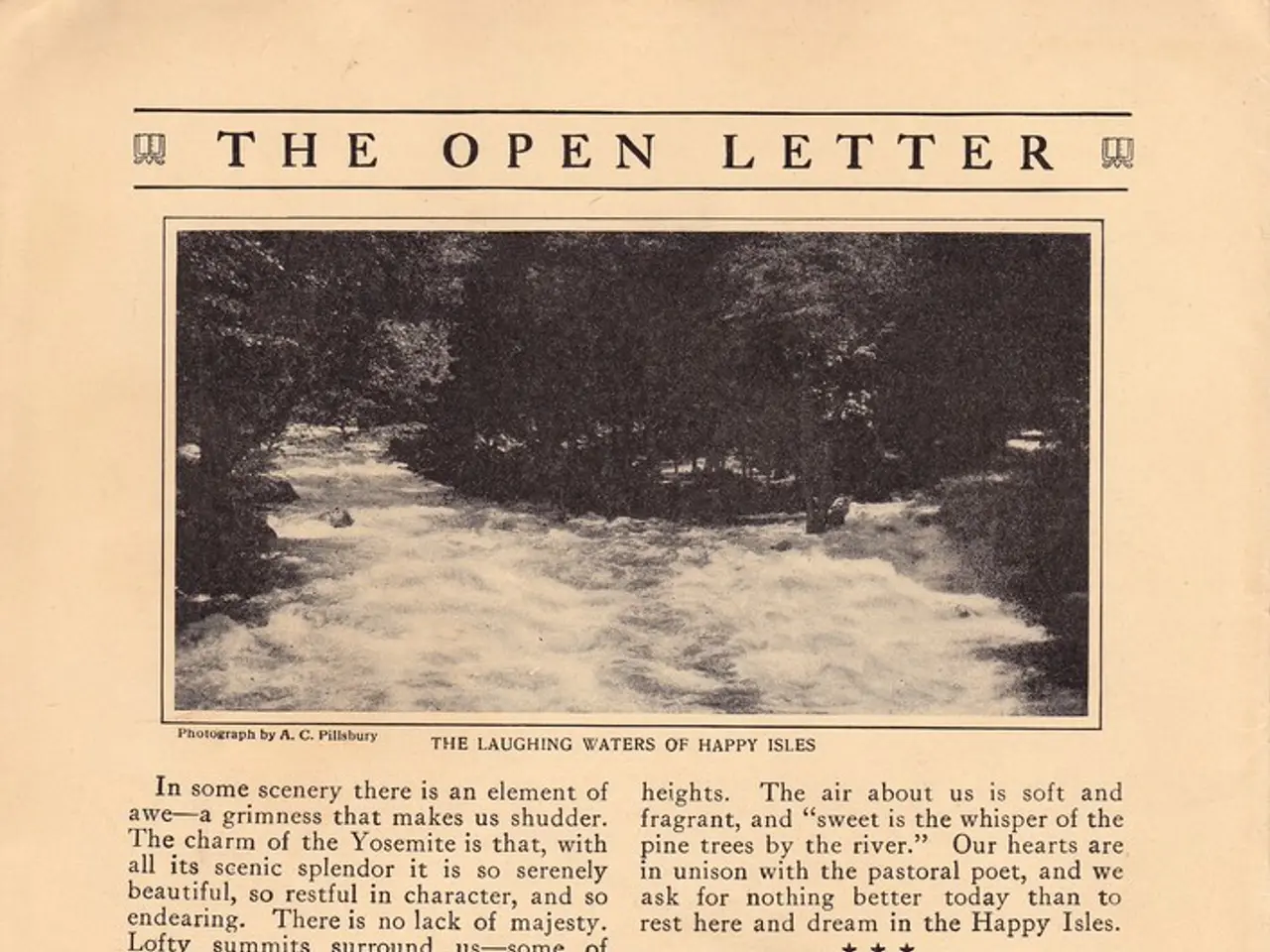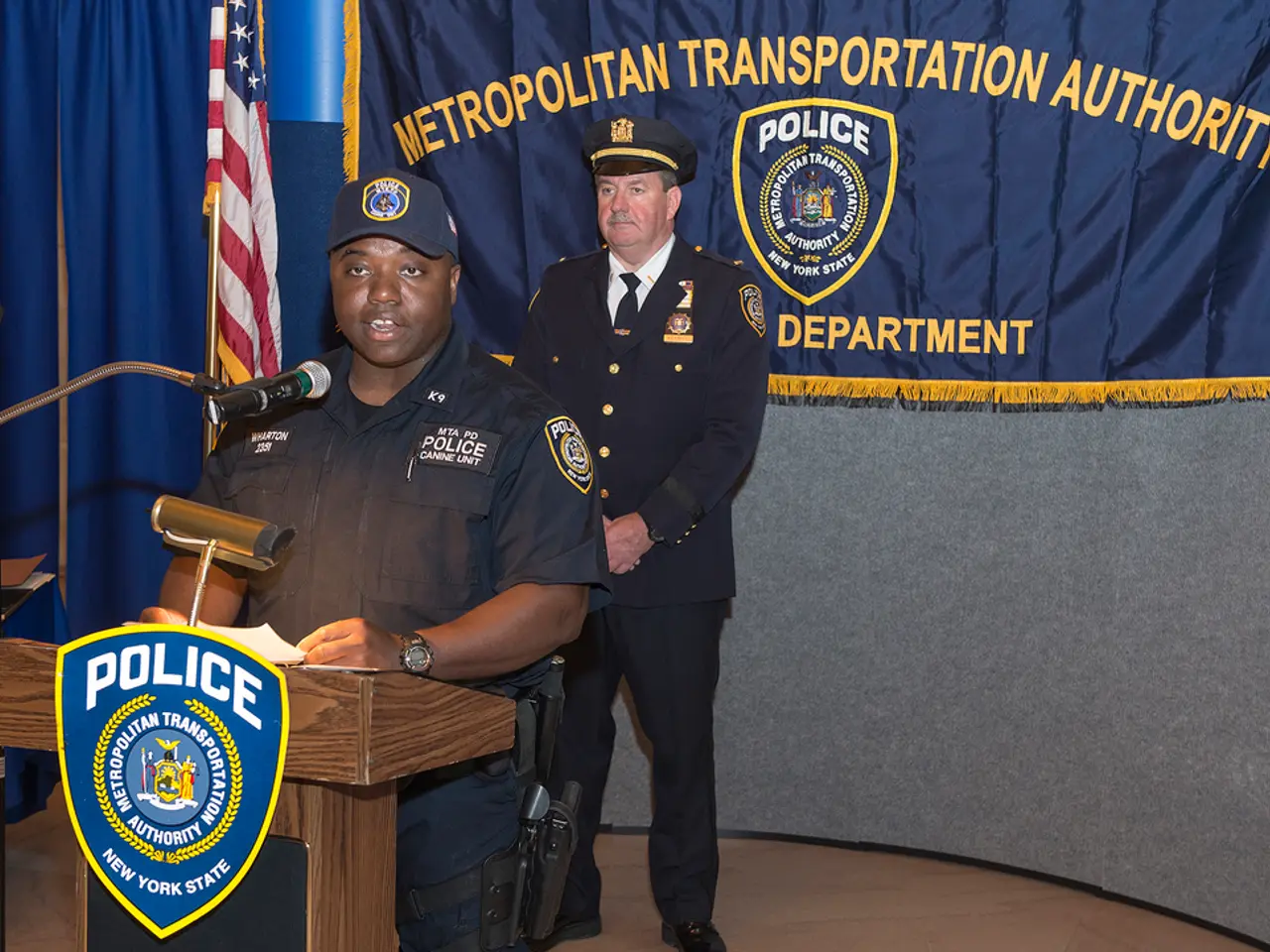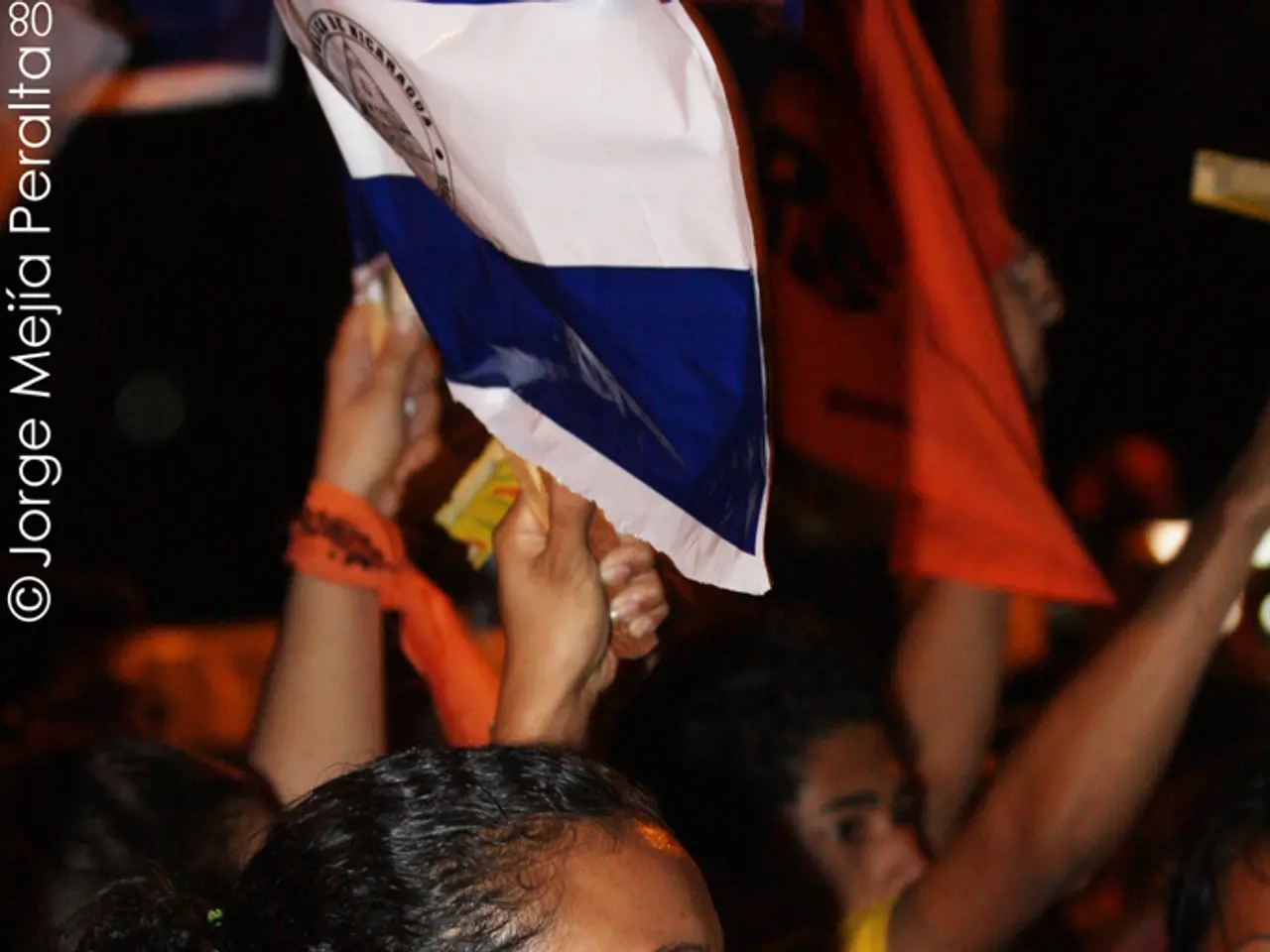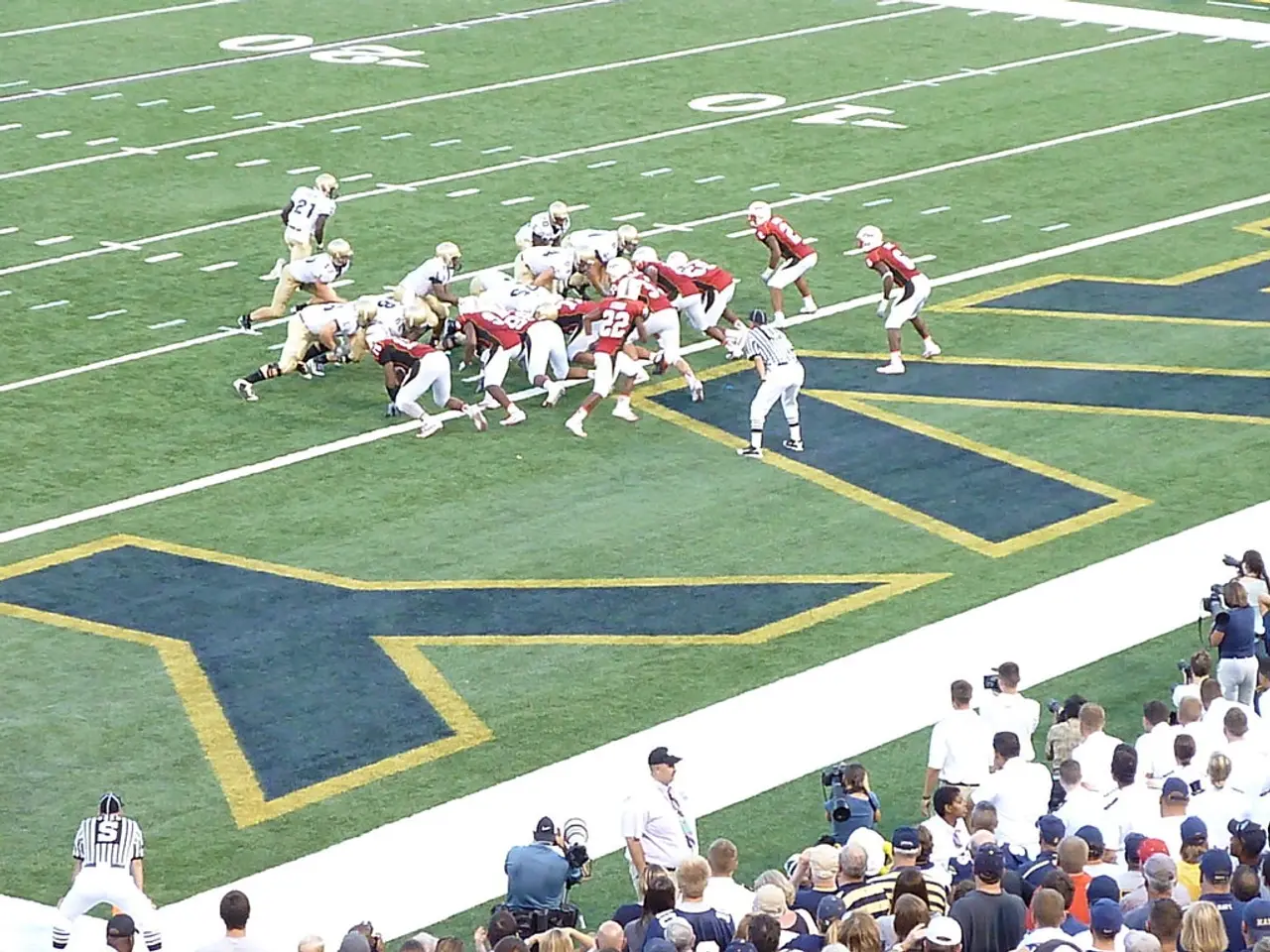After the demise of the Dalai Lama, a new individual will assume the position. - Upon my demise, a new leader will emerge to carry on my legacy.
In the picturesque town of Dharamsala, nestled in the northern Indian Himalayas, the office that holds the authority to identify the 15th Dalai Lama stands firmly. This office, which has been the seat of the current 14th Dalai Lama, Tenzin Gyatso, since 1959, is where the future of the 600-year-old institution lies.
The Dalai Lama, respected worldwide as a peaceful advocate for Tibet's freedom, has made it clear that the authority to identify his successor comes from the Tibetan religious tradition and spiritual practice, not from any political or governmental entity, especially not from China.
According to the Dalai Lama's statements, the various heads of Tibetan Buddhist traditions and oath-bound Dharma Protectors, linked to the Dalai Lama lineage, will be responsible for the search and recognition of his reincarnation following past traditions. The Dalai Lama has also indicated that he plans to leave clear written instructions about this process.
The Dalai Lama has expressed his desire for his successor to be found in a "free country, not under Chinese control," and has stated that no recognition should be given to any reincarnation chosen for political purposes by the Chinese government. This stance is in direct opposition to the Chinese Communist Party's claim that it has the sole authority to determine the Dalai Lama's successor and its efforts to institutionalize and legally control the reincarnation process within China.
There is speculation and some indication from the Dalai Lama himself that he may name his successor during his lifetime, which would be an unprecedented move in Tibetan Buddhism. This decision, if made, would ensure a smooth transition and prevent any potential political interference.
The Dalai Lama, who sees himself as a "simple Buddhist monk," has emphasized that the institution of the Dalai Lama should continue even after his death. In 2011, he transferred his political authority to an exile government elected by around 130,000 Tibetans worldwide. Despite being 89 years old, the Dalai Lama remains an active figure, with his birthday celebrations scheduled for next Sunday.
However, fears among Tibetan exiles persist that China could appoint a successor to the Dalai Lama to strengthen its control over Tibet. This prospect has led to a heightened sense of urgency in the search for the 15th Dalai Lama, with the Dalai Lama himself asserting that no one else has any authority to interfere in the process.
The Dalai Lama's video message, an official statement, reiterated his stance on the matter, emphasizing the spiritual and traditional roots of the institution and the need for its continuation beyond his lifetime. As the search for the 15th Dalai Lama continues, the world watches with bated breath, hoping for a peaceful resolution and the preservation of this ancient and revered institution.
The Dalai Lama, in a video message, has emphasized that his successor will be chosen according to Tibetan religious tradition and spiritual practice, not by any political entity, such as China. On a Sunday, the world will celebrate the Dalai Lama's birthday amidst speculation and fears that China might appoint a successor to consolidate its control over Tibet, sparking a heated debate in the realm of global politics and general news.
